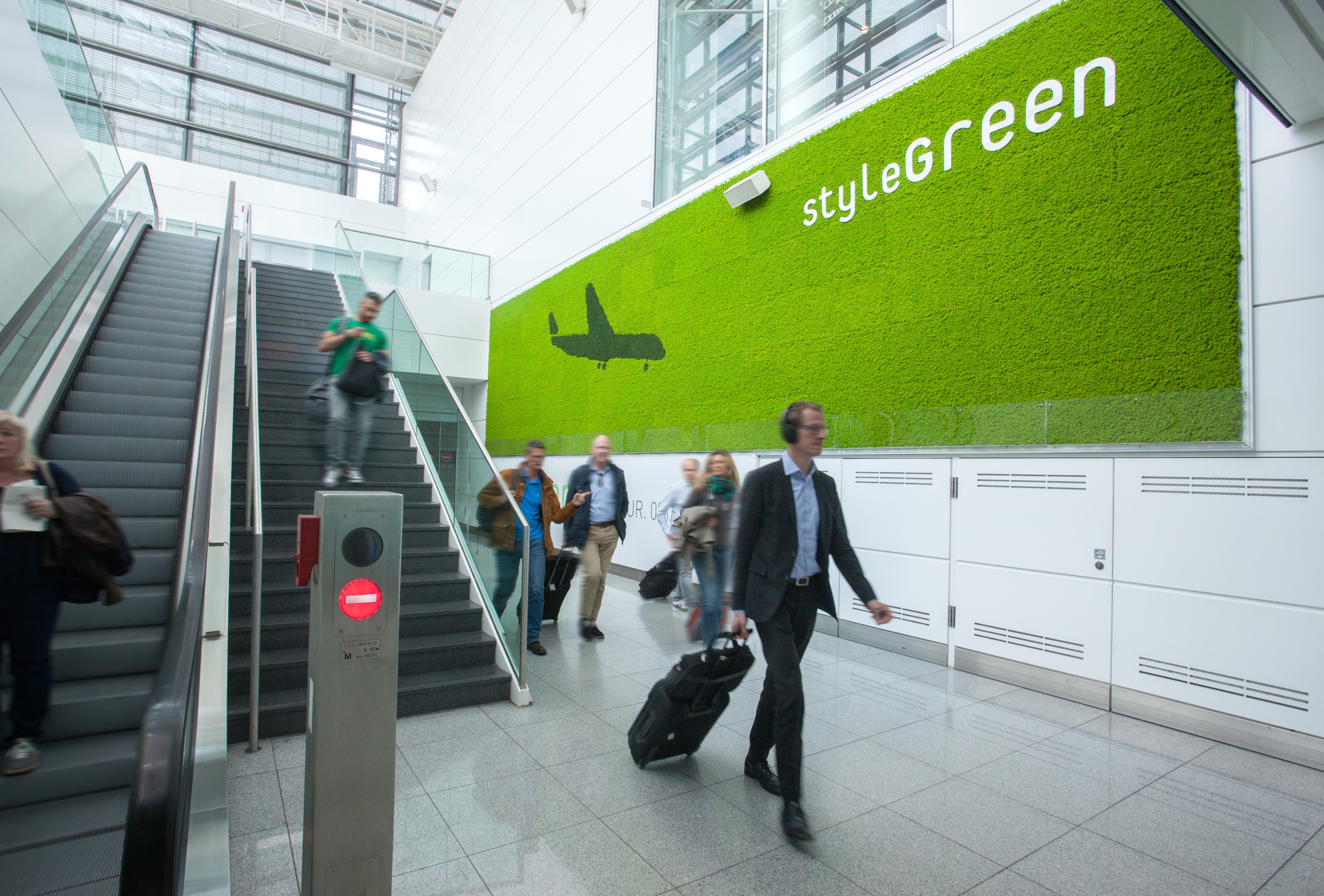How to guarantee fuss-free international employee relocation
Oct 07 in Relocation
Change can be a contentious thing. For some people, change is a lifestyle. They not only embrace change, but thrive on it. They may actively seek out opportunities for change, whether it be in their career, relationships or everyday lives.
For others, change is something to dread. These kinds of people may worry about even a minor disruption to their daily routine and would do everything in their power to avoid the fear of the unknown.
What’s more, change has long had a bad reputation in the workplace. Rapid developments in technology can often leave employees feeling that they’re constantly on the back foot, combined with the fact that many people no longer trust in total job stability since the 2008 economic crash.
It comes as no surprise, then, that in today’s increasingly globalised, tech-dominated world, one of the biggest challenges facing companies and their HR managers today is helping their employees to redefine change as a force for good.
International employee relocation 101
For change to be embraced in the workplace, it is essential that there are advantages for both employer and employee.
International employee relocation, the act of relocating an employee to another business premises in a different country, has always been a major headache for HR managers and staff alike. Employee relocation is perceived to be a complex operation at best and a roadblock stunting a company’s growth at worst.
But as more and more millennials catch the travel bug, the option to work abroad has become increasingly important to employee happiness. Indeed, in a recent report by Universum and CEMS (the Global Alliance in Management Education), it was discovered that 92% of undergraduates are “keen to work abroad.”

Happy Employees = Happy Business?
We all know that it’s great to work for a flexible company. But are there any concrete economic benefits for the companies that allow their employees to up-sticks and move overseas?
In a 2016 paper published in Strategic HR Review, researcher Brynne Herbert suggested that the myriad of advantages offered by international employee relocation have long been neglected by companies.
These advantages include organisational loyalty, motivation and engagement among employees who have relocated abroad.
The stats speak for themselves. According to Herbert:
- 92% of international assignees agreed with the goals and objectives of their organisations.
- 84% would recommend those firms as good places to work.
- 97% would offer discretionary effort to help their organisations succeed.
- Employees put in 57% more effort on the job.
- Employees are 87% less likely to resign than employees who are disengaged and with less organisational commitment.
Guarantee fuss-free relocation and reap the benefits
So, here’s the challenge: Whether your employees are change-lovers or comfort zone-dwellers, how do you create a workplace culture in which international employee relocation is embraced? And how can you guarantee that employee relocation not only goes as smoothly as possible, but that your company can reap the benefits too?
Let us take you through our 3 top tips for guaranteeing fuss-free international employee relocation. Don’t forget to share your favourite tips with us – we’d love to know!
Learning the lingo
1 in 6 HR managers say that a lack of language skills is the number one barrier to employees working abroad.
In 2019, it seems as though there should be no excuses when it comes to linguistic obstacles. In our digital age, we have an abundance of resources at our fingertips, accessible from anywhere in the world.
But it’s easy for employers to misunderstand how overwhelming it can be to learn a new language without professional, structured guidance.
You should aim to partner with a language training company that combines years of industry experience with thoroughly modern methods and tried-and-tested personalised learning.
Giving your employees the opportunity to hone their language skills from anywhere in the world and fit their learning around their busy schedule will be crucial their relocation success.

Culture is crucial
Yes, perfect verb conjugation will win relocated employees brownie points in their new office – but did you know that 48% of HR managers identified the inability to adapt to new cultures as the main barrier to employees relocating overseas?
Underestimate the importance of cross-cultural training at your peril. Employees need to not only understand what their new colleagues but what they aren’t saying.
After all, not only do employees need to understand what their new colleagues are saying, they must also realise what they aren’t.
Social and workplace etiquette isn’t something that is easily learnt from a textbook. It is constantly evolving and is radically different from field to field.
This is why it’s so important to turn to the experts when looking for a cross-cultural course. You want specialist and accredited cultural specialists with actual experience in your line of work.
Ongoing support
It’s an all-too-common scenario for employees to drop everything in order to relocate overseas and, as they work hard to adjust to their new life, they suddenly feel abandoned by their company.
Don’t let this happen. Ensure you provide consistent, ongoing support as part of your relocation package from people who have been there. This support will not only allow your employees to thrive in their new work environment, but will anticipate any problems they may face along the way.
Get in touch today and discover how we can help you guarantee smooth, fuss-free international employee relocation.

